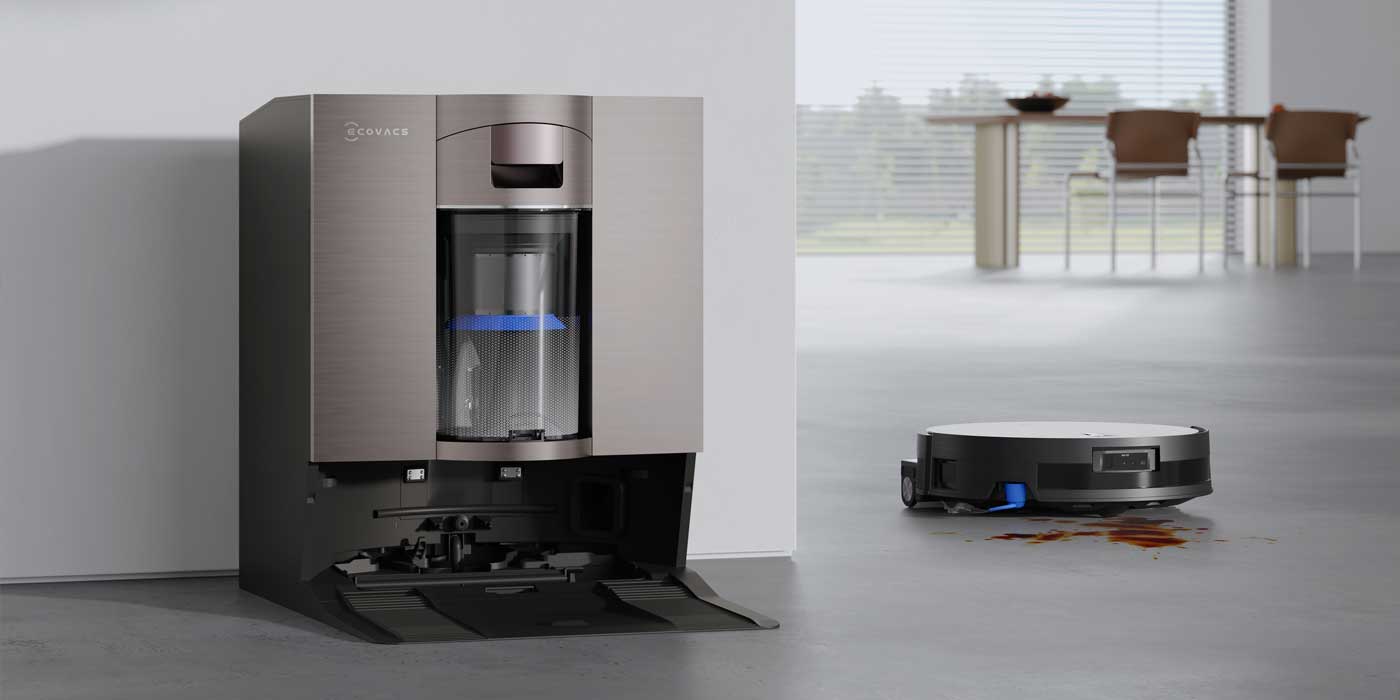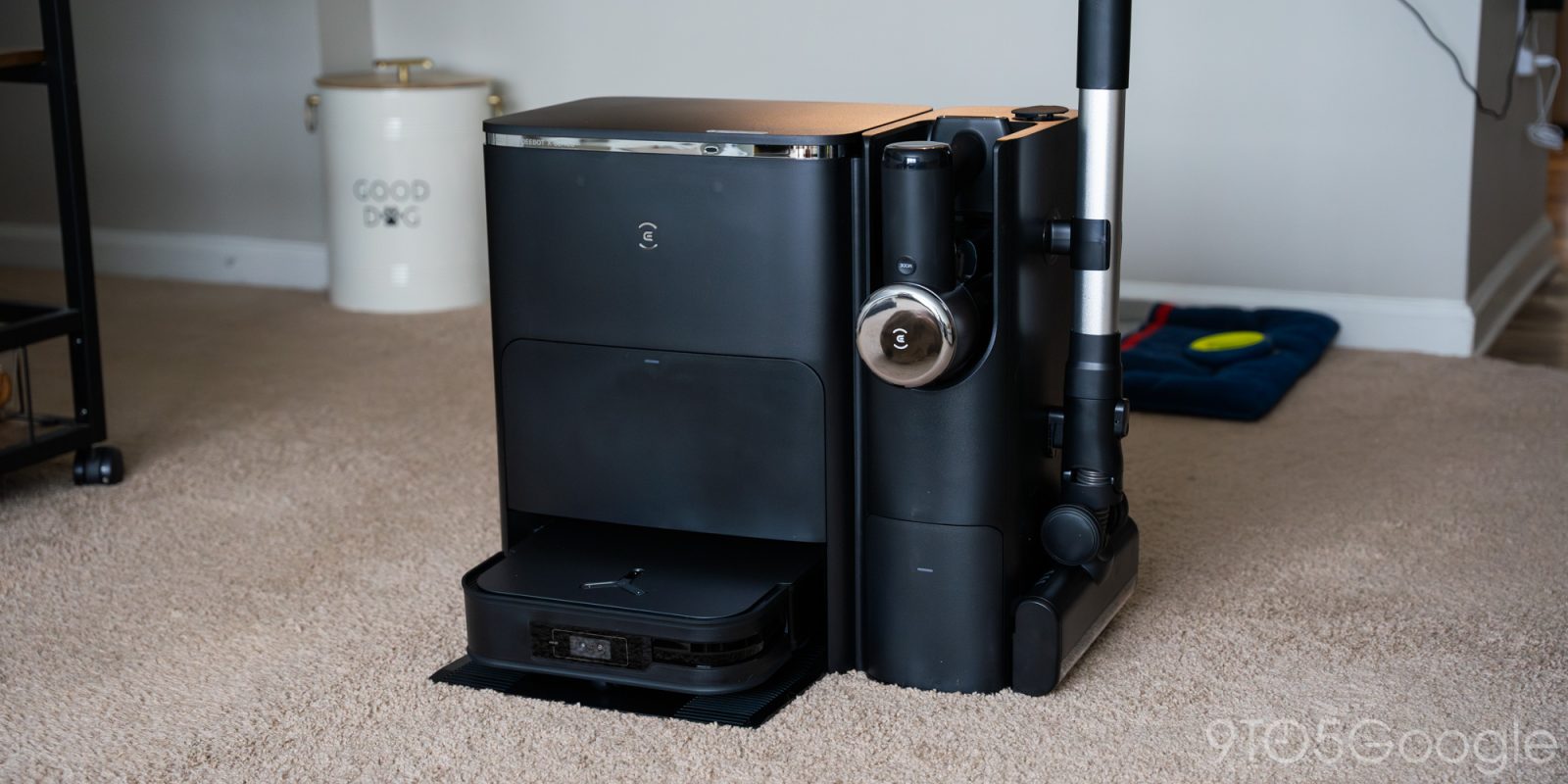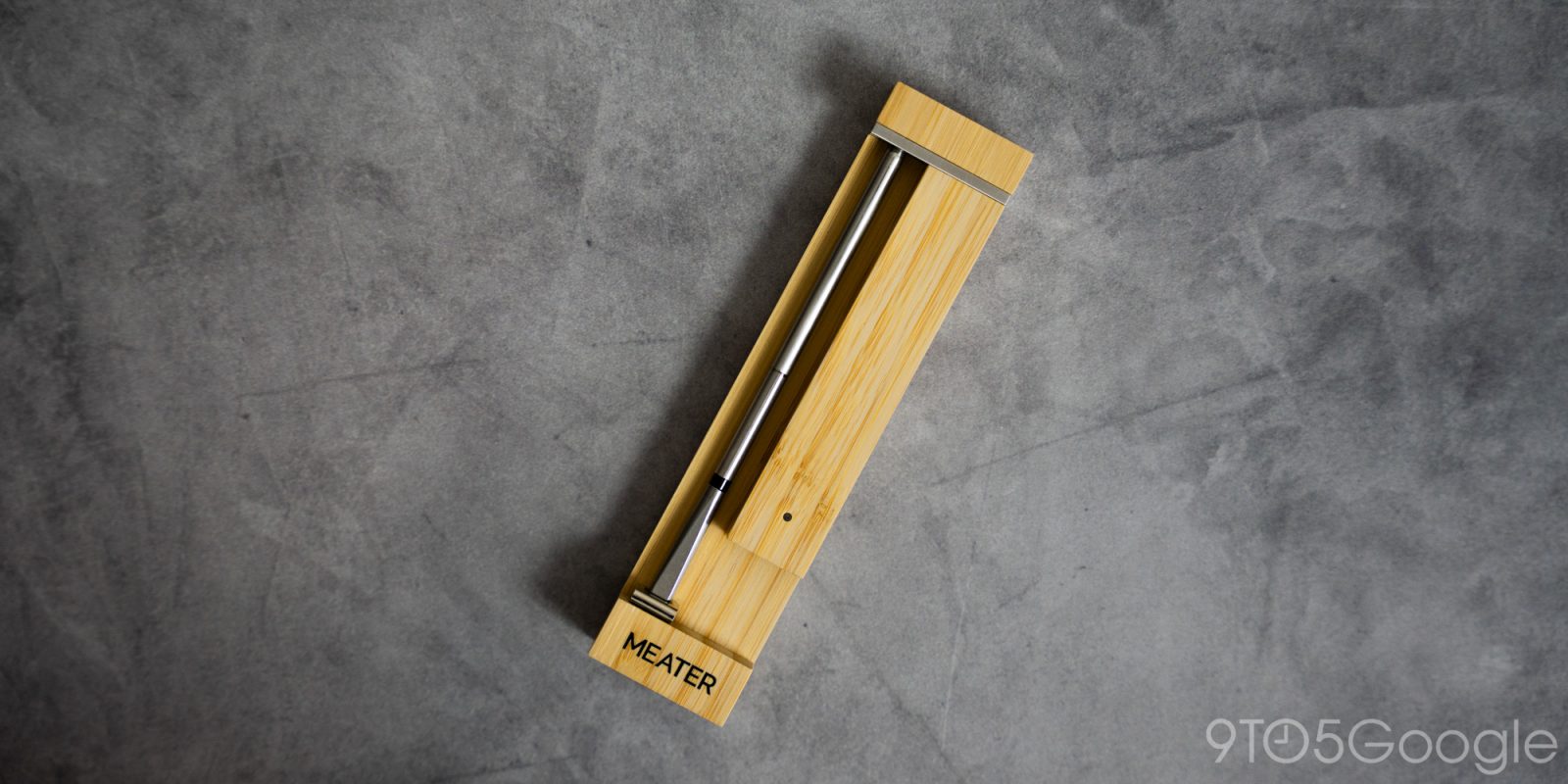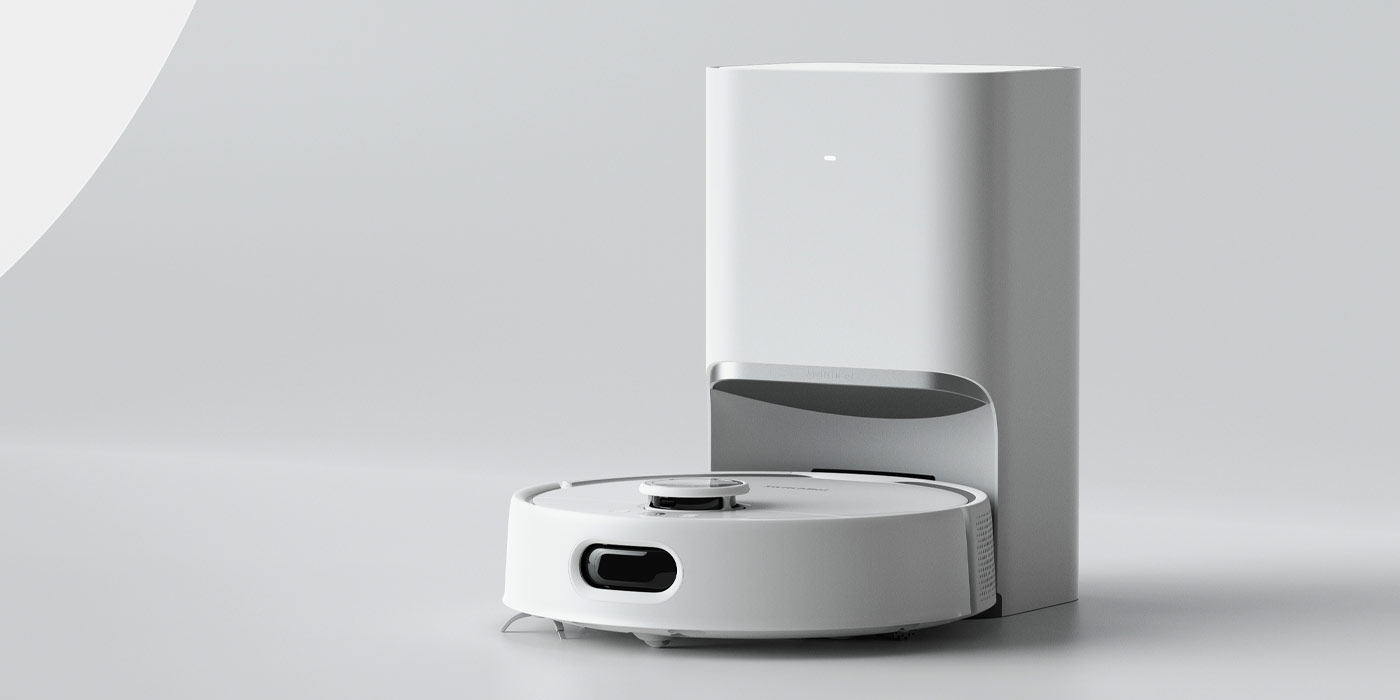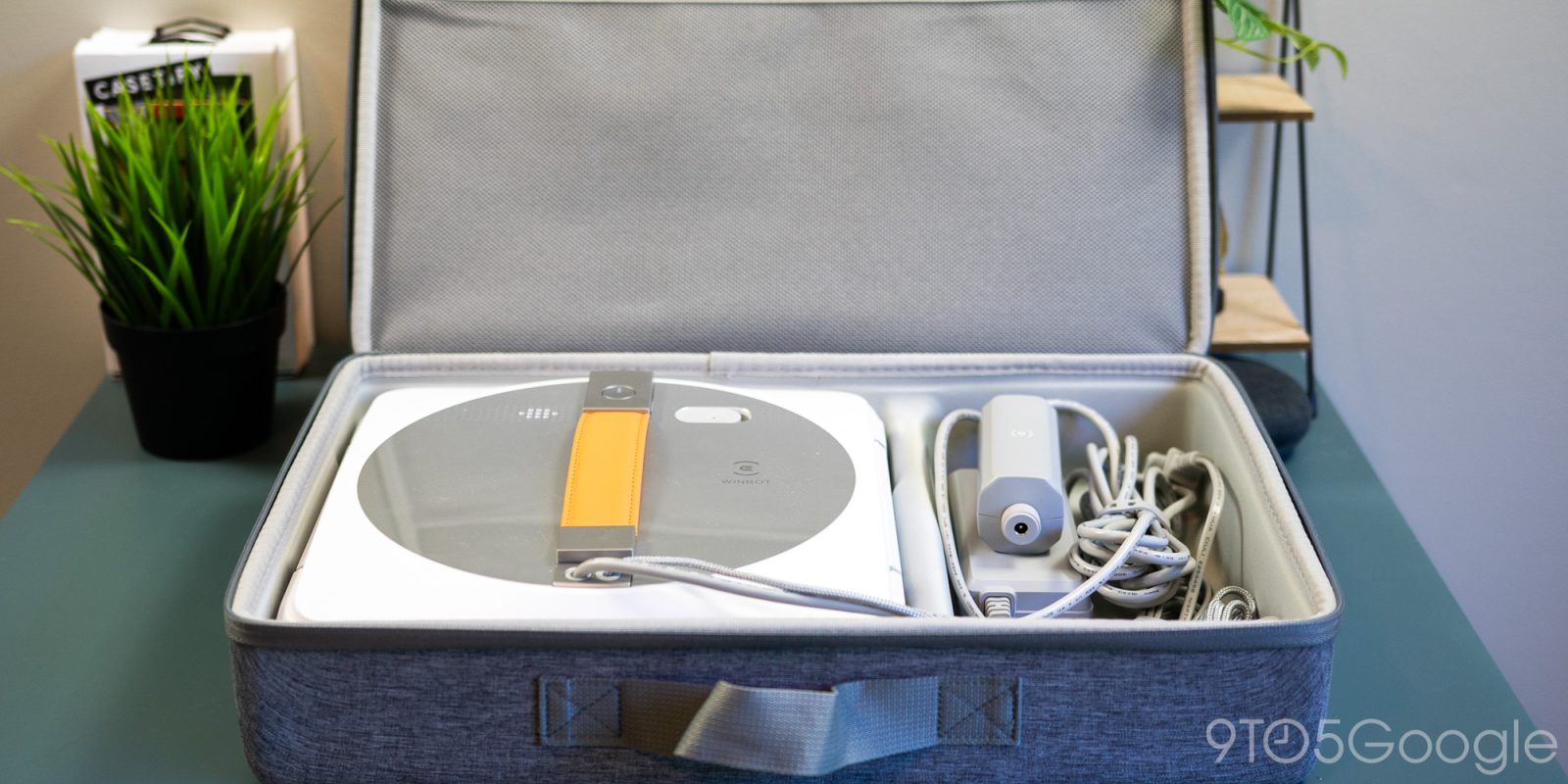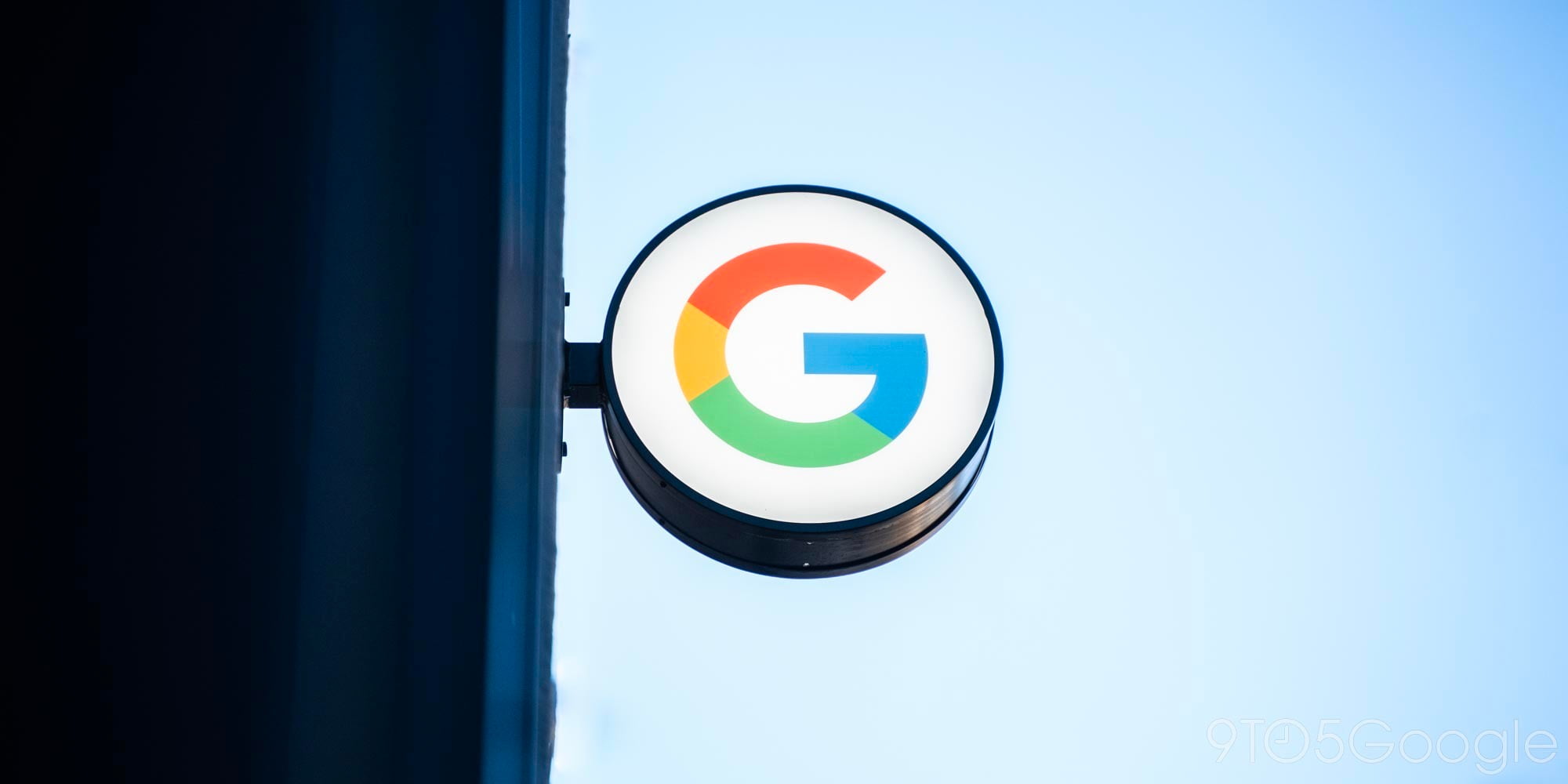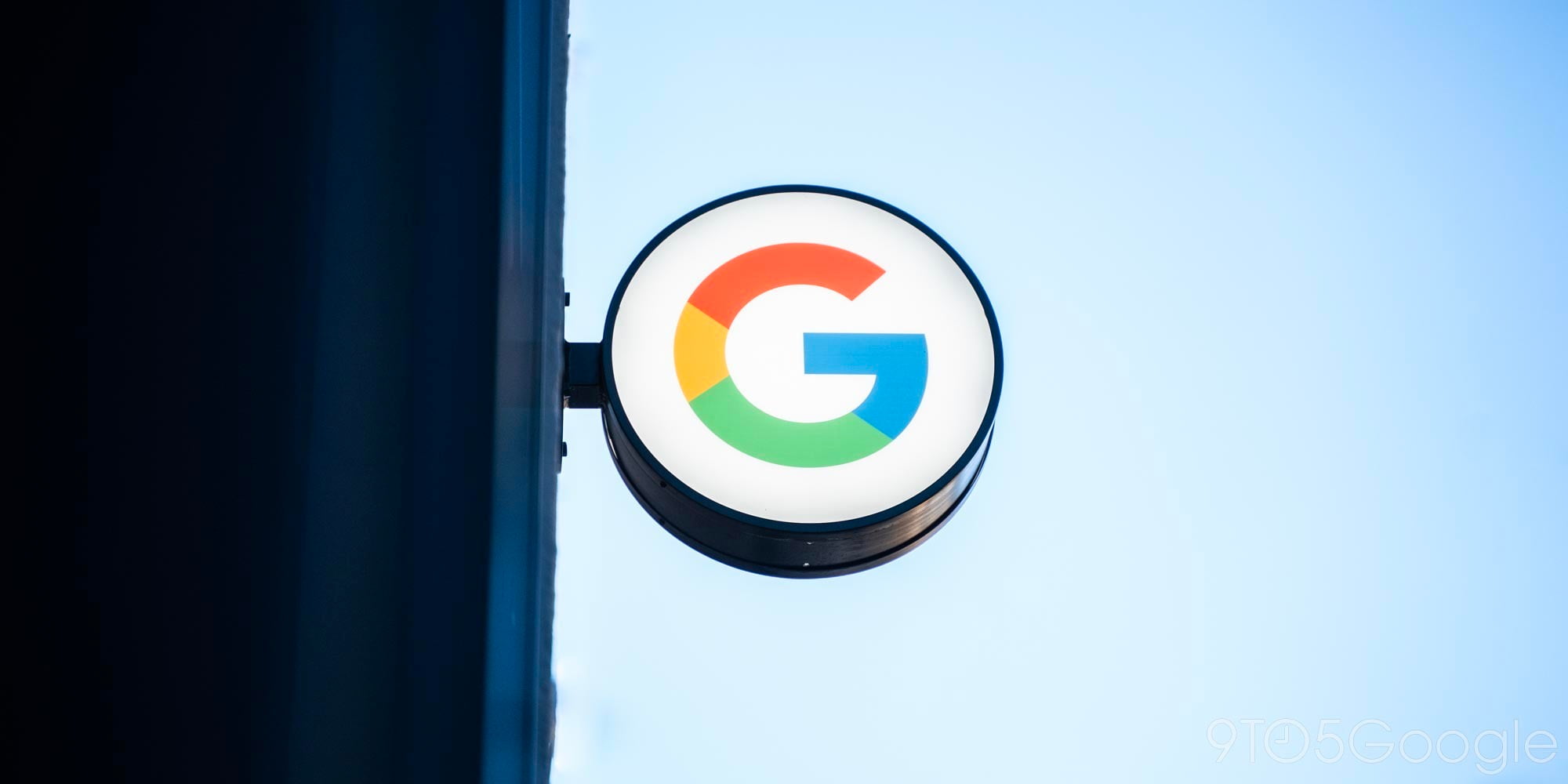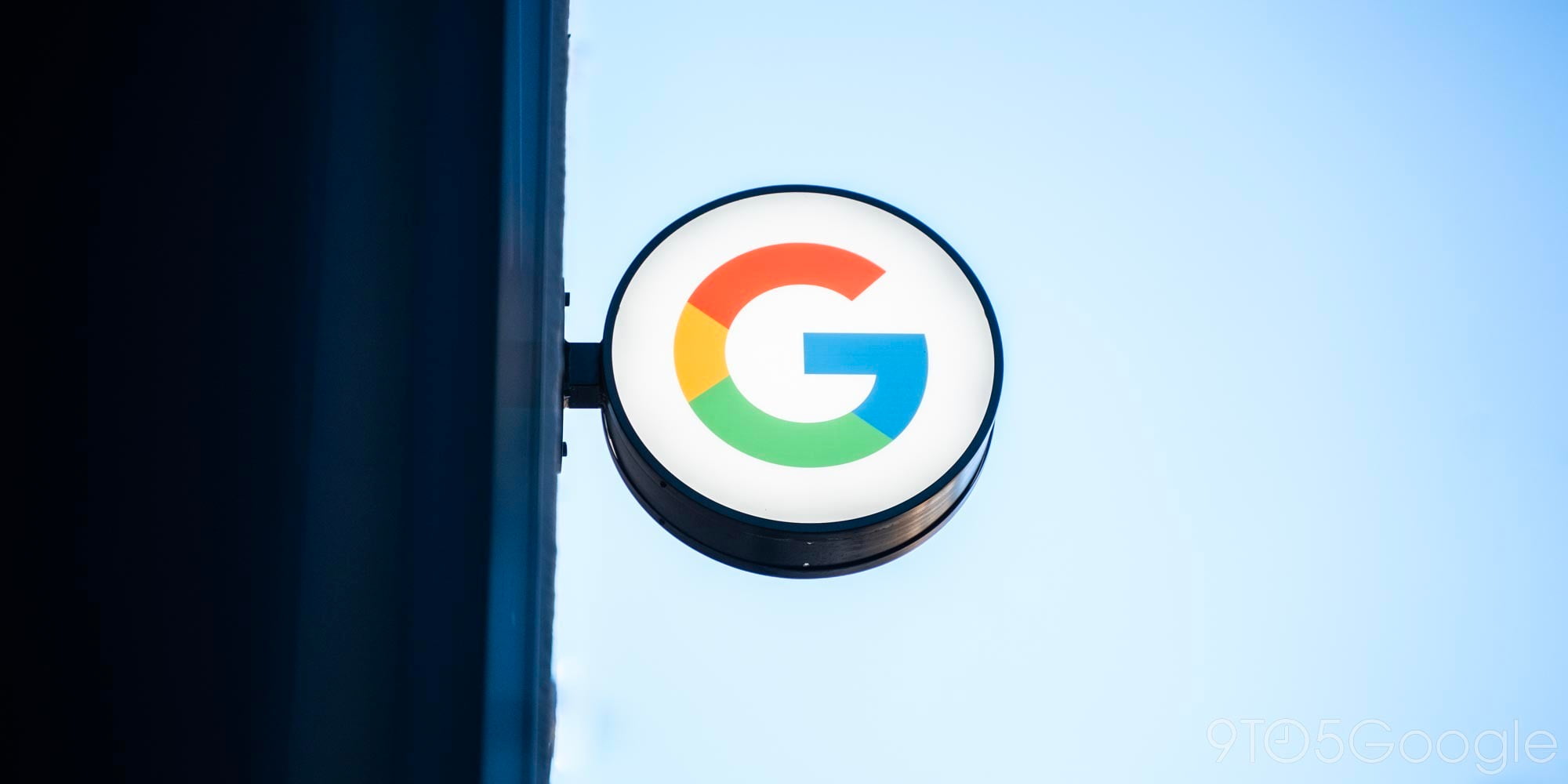
An update to the Philips Hue system has blocked access to some third-party bulbs, including GE Link LED (above) and Cree Connected LED, citing ‘interoperability issues.’ While existing bulbs already linked to the Philips Hue Bridge will continue to work for now, the system is not currently allowing additional bulbs to be added, and Philips says there are no guarantees that this won’t change in future updates.
We are seeing an increasing number of interoperability issues with these untested third party products, which are causing increasing confusion for our installed base. They are also hampering our ongoing development and damaging the consistency of experience for the Philips Hue ecosystem. Next to confusing differences in setup and resetting, we’ve encountered a number of such issues over the years including 3rd party lights which do not turn off when we fade them to off, lights which do not react correctly to scene recalls and lights which stop proper functioning of our Wireless Dimmer Kits.
This will disappoint many, as one of the promises of the Hue system was support for third-party bulbs. All is not yet lost, however.
Philips says that it has created a Friends of Hue program to allow third-party products to be tested and certified for use with the system. It also stated in a blog post that third-party apps will continue to work and will not require certification. If you want to add additional bulbs now, however, you are limited to official Philips Hue products.
The company has created a FAQ, which can be seen below.
Via CNET
Q: Why did Philips change their approach toward lights from other brands?
We are seeing an increasing number of issues with untested lights from other brands. This is making Philips Hue harder to use and making it difficult for us to add new features. We can only guarantee a seamless experience if we certify them and put these products under continuous test like our own.
Q: What problems are you seeing with lights from other brands?
Next to confusing differences in setup and resetting, we’ve encountered a number of issues over the years including lights which do not turn off when we fade them to off, reachability reporting, lights which do not react correctly to scene recalls and lights which stop proper functioning of our Philips Hue Wireless Dimmer switch.
Q: What is the Philips “Friends of Hue” program?
We want Philips Hue to be open but also offer a great experience for our customers. To that end, last week, we launched the ‘Friends of Hue’ program where we will certify and test 3rd party products to guarantee a consistent and long-term interoperable experience also for these products.
Q: What has been changed in the latest software update?
Last week, we started deployment of the 1.11 software for both versions of the Philips Hue bridge (version 01029624). Alongside big feature updates to our group and scene APIs, we introduced a change, which stops untested products being able to join the Philips Hue bridge.
Q: Will my existing lights from other brands continue to work?
Lights already linked to both versions of the Philips Hue bridge will continue to work as before, the block only applies to new untested product being linked. If the lights are not deleted, nor the bridge reset they will continue to function as before (under no guarantees from Philips that future updates may not expose new bugs and compatibility issues.)
Q: Since the recent update my products are no longer working. What is going on?
In our recent 1.11 update we made changes to our implementation of scenes which exposed a compatibility issue with a limited number of 3rd party Color Temperature tunable lights which stop them properly responding to scenes created in the Philips Hue app. Philips will not fix this issue as it relates to the implementation of standard ZigBee scenes functionality in the light and would expect this software to be changed in the light as part of ‘Friends of Hue’ certification process.
Q: Is Philips Hue still an open system?
There is no change to Philips’ commitment towards an open system and ZigBee Light Link as the best standard for residential lighting control. Our lights continue to be fully standards compatible with differentiated features built on top of the standard and exposed via our bridge. Likewise our bridge remains ZigBee Light Link compatible and allows other devices to join its network. Controllers other than the Philips Hue bridge could still join the ZigBee network and control all lights inside it. The only things which is no longer possible is the control of those lights via apps from our ecosystem.
Q: Is Philips Hue still going to allow uncertified 3rd party applications?
Yes, we will continue to allow other applications to work with Philips Hue without certification. We will start certifying selected applications and products from other brands for use in joint promotion but this does not affect the existing 450 and growing 3rd party applications.

